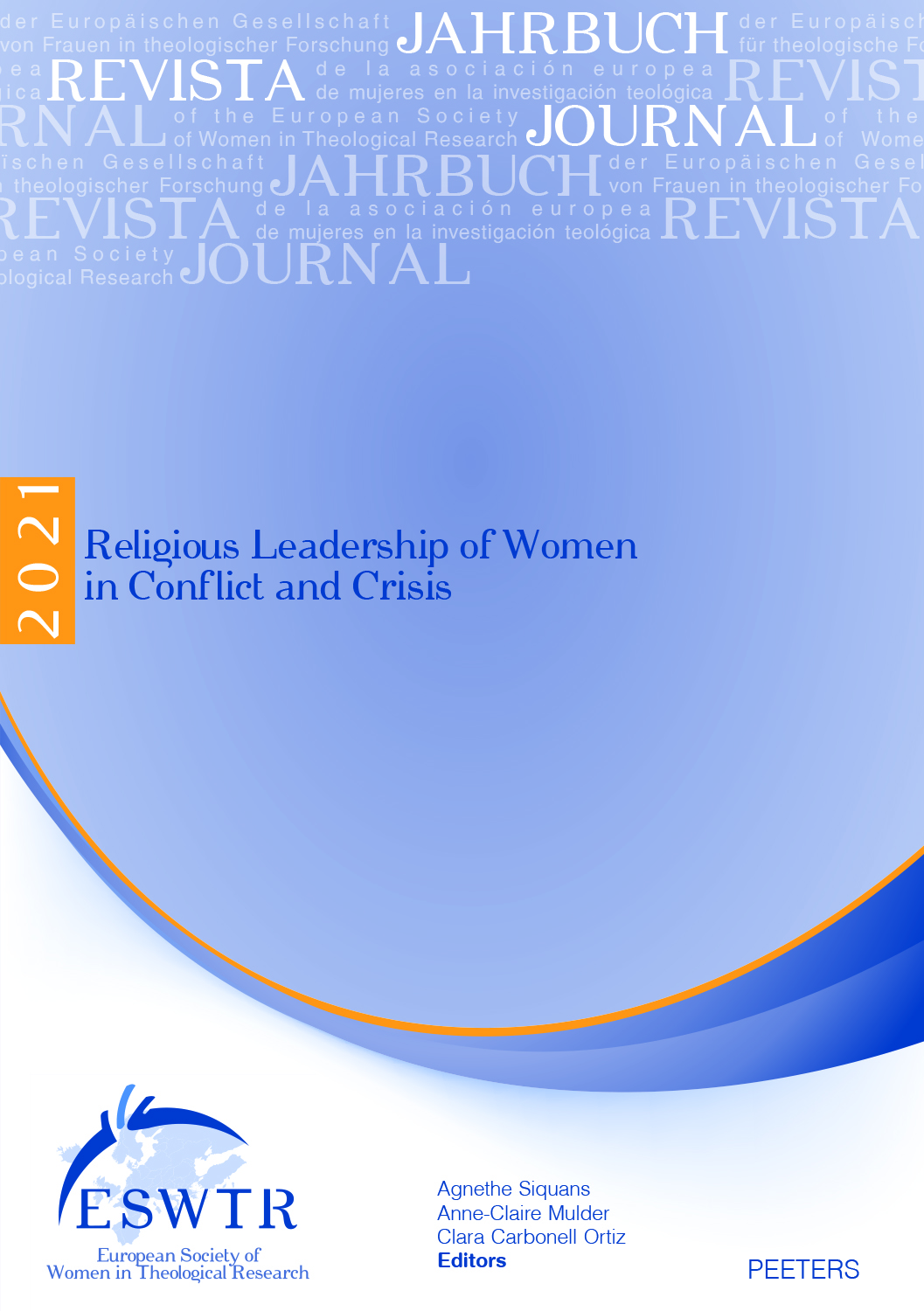 previous article in this issue previous article in this issue | next article in this issue  |

|
Document Details : Title: Theologische Interpretationen der Kreuzigung Jesu und die gesellschaftliche Normalität des Opferdiskurses Author(s): STROBEL, Regula Journal: Journal of the European Society of Women in Theological Research Volume: 10 Date: 2002 Pages: 151-169 DOI: 10.2143/ESWTR.10.0.583314 Abstract : This article critiques four standard theological interpretations of the crucifixion of Jesus:that Christ was a sacrifice for the salvation of the world; that he laid down his life to redeem human kind;that the crucifixion resulted from his passionate commitment; or that it is a symbol of resistance. Demonstrating the repercussions of these interpretations in secular thought, the author argues that a new way of speaking of the cross is necessary “towards a new heaven and a new earth.” If the world is to be changed, it is necessary to name the reality of oppression and to fight against it, rather than disguising it in theological meaning or even glorification. Not the cross but the vision of God’s kingdom should inform our theology and with it our lives. Cet article critique quatre interprétations théologiques classiques de la crucifixion de Jésus: le Christ fut un sacrifice pour le salut du monde; il a sacrifié sa vie pour racheter l’humanité; la crucifixion a résulté de son engagement passionné; il est symbole de résistance. L’auteur démontre les répercussions de ces interprétations dans la pensée séculière et affirme la nécessité d’un nouveau discours sur la croix pour s’acheminer «vers un nouveau paradis et une nouvelle planète». Si le monde peut être changé, et pour qu’il le soit, il faut donner un nom à la réalité de l’oppression et la combattre, plutôt que de la masquer derrière une interprétation théologique ou de la glorifier. Ce n’est pas la croix mais la vision du règne de Dieu qui imprègne notre théologie et, avec elle, nos vies. |
 |
